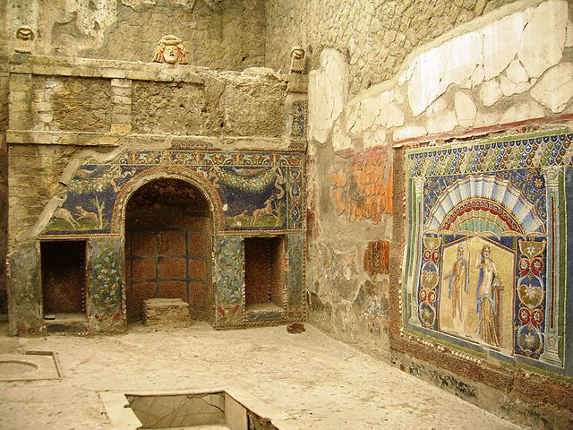
Every culture uses some words that belong to another culture. In Italian, for example, there is the word mouse, déjà-vu, fiesta, etc.
These words can retain their original meaning or they can acquire a whole new one.
Let’s take the word pile, for example. Did you know that Italians generally wear a pile in Winter? Nope? Well, in Italy, pile – pronounced as the English word – means fleece.
Also in English there are some misused Italian words. So, in this article you’re going to learn five common Italian words English speaker misuse in everyday life.
LATTE
Among the most common Italian words English speaker misuse there is latte.
First things first, this word in Italian is pronounced with a double t and with no final i. So, you should pronounce it /latte/ and not /latei/.
Moreover, while in English speaking countries, latte means a type of coffee made with espresso and milk, in Italian latte only means milk.
So, if you’ll order a latte in Italy, you’ll get only a glass of milk. Remember this!
AL FRESCO
Another misused Italian word is al fresco.
My pronunciation tip for this word is: do not pronounce a final u. Do not say /al frescou/ just say /al fresco/.
Al fresco is a very interesting expression because in English it means outdoors, in the open air but in Italian it has another meaning.
Example:
Last night Marco and Lucia slept al fresco
If I say this sentence in an English speaking country, everyone understands that Marco and Lucia slept in the open air, isn’t it?
However, if I pronounce the same sentence in Italy, in Italian obviously – La scorsa notte Marco e Lucia hanno dormito al fresco – everyone understands either that Marco and Lucia slept in a fresh environment or that Marco and Lucia slept in jail.
Yes, because al fresco in Italian can mean both fresh environment and in jail.
BIMBO
Also the word bimbo appears among the common Italian words English speakers misuse.
Also in this case, my pronunciation tip is to pay attention at not pronouncing a final u. Say /bimbo/ not /bimbou/.
In English the word bimbo refers to a woman and means that she’s attractive but unintelligent.
In Italian, instead, this word is referred to a male and means kid.
PEPPERONI
The second to last misused Italian word is pepperoni.
Actually, the word pepperoni doesn’t even exist in Italian. However, the word peperoni – with only one p – does.
Let’s see an example:
They forgot to put pepperoni on the pizza
If I pronounce this sentence in an English speaking country, people would understand that there was no salami on the pizza.
However, if I pronounce the same sentence in Italy – Si sono dimenticati di mettere i peperoni sulla pizza – people would understand that there were no peppers on the pizza.
So, while in English pepperoni means salami/sausage, in Italian peperoni – with just one p – means peppers.
CONFETTI
The last misused Italian word is confetti.
Let’s see an example:
At the wedding we threw confetti at the bride and groom
If I pronounce this sentence in an English speaking country, people would understand that we threw small pieces of colored paper at the bride and groom – coriandoli, in Italian.
However, if I pronounce the same sentence in Italy – Al matrimonio abbiamo tirato i confetti agli sposi – people would understand that we threw dragées/sugared almonds at the bride and groom… surely not a pleasant experience for them!
Did you already know the Italian meaning of these common Italian words? Is there any other Italian word you generally misuse?
Credits
Original image by Gellinger




 Herculaneum ruins: an italian archeological site that is worth a visit
Herculaneum ruins: an italian archeological site that is worth a visit

